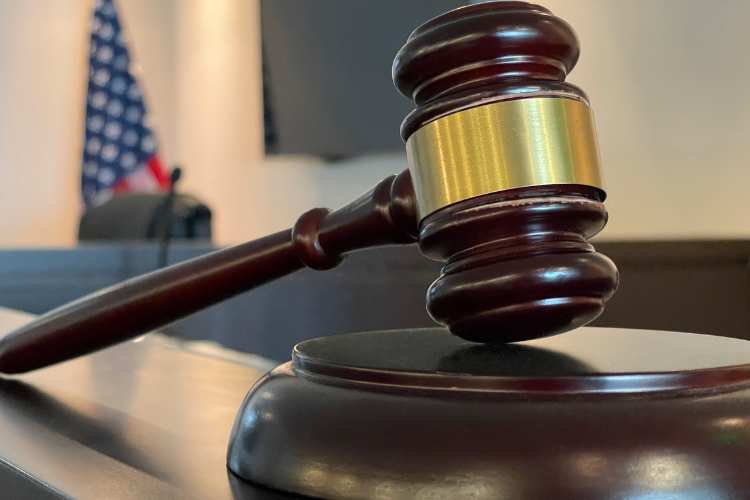After nearly seven years since the departure of Alexion’s CEO and CFO amidst an investigation into improper sales practices, the rare disease specialist, now a part of AstraZeneca, has successfully put this turbulent episode behind it through a settlement with investors. This resolution entails a substantial $125 million agreement to address the investors’ class action lawsuit, as reported in a recent court filing.
The legal proceedings were initiated by the plaintiffs in late 2016, following Alexion’s disclosure of an investigation triggered by a whistleblower’s allegation concerning sales practices related to the company’s flagship product, Soliris. Notably, the then-CEO, David Hallal, and CFO, Vika Sinha, had departed the company shortly before the litigation commenced.
In the aftermath of this disclosure, Alexion’s stock price witnessed a significant decline, leading aggrieved investors to contend that the company had disseminated false statements regarding its sales strategies, artificially inflating its share price as a consequence.
Early in 2017, Alexion admitted that senior management had exerted pressure on employees to expedite customer orders for Soliris, a practice known as “pull-in sales.” This tactic aimed to enhance quarterly performance, and Alexion asserted that it was not inherently problematic or impermissible as long as it remained compliant with US accounting regulations.
In the subsequent years, the company faced persistent government investigations into its sales practices. In 2019, Alexion, along with Jazz Pharma and Lundbeck, collectively agreed to pay $122.6 million to settle allegations of improper Medicare copay coverage for their products.
Furthermore, in 2020, Alexion resolved foreign corruption charges brought by the US Securities and Exchange Commission by paying $21.5 million. The allegations involved improper payments to Turkish and Russian government officials to secure favorable treatment for Soliris. It’s worth noting that Alexion neither admitted nor denied the agency’s findings in this settlement.
Soliris, the focal point of these controversies, achieved substantial sales, amounting to nearly $4.1 billion in 2020. However, in 2021, AstraZeneca acquired Alexion in a $39 billion deal. Presently, Alexion’s focus has shifted towards its newer C5 inhibitor, Ultomiris. As AstraZeneca endeavors to transition patients to this follow-on drug, Soliris has seen an 18% decline in sales during the first half of the year, totaling $1.6 billion. In contrast, Ultomiris experienced a significant uptick in sales, surging by 60% to reach $1.4 billion during the same period.
Additionally, the impending arrival of biosimilars to Soliris is on the horizon. Alexion, through a deal signed in 2020, will confront Amgen’s Soliris biosimilar in the United States by 2025.
This development marks a significant milestone in Alexion’s journey, allowing the company to move forward from the shadow of past controversies and focus on its evolving pharmaceutical endeavors, particularly the promising Ultomiris, while preparing for competition in the biosimilar landscape.





























